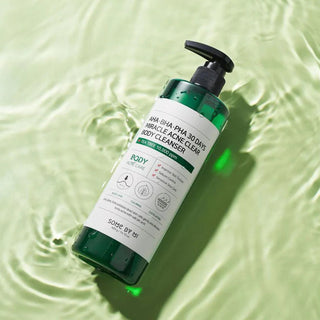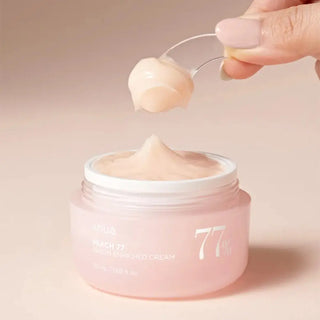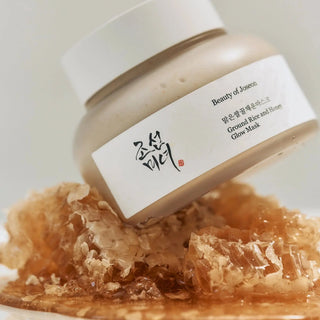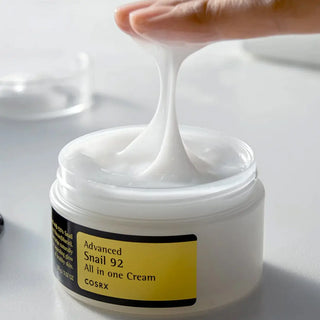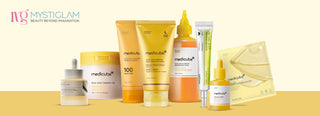Achieving clear, blemish-free skin is a goal for many people. However, with environmental factors, hormonal changes, and lifestyle habits playing a role, keeping your skin acne-free can sometimes feel like an uphill battle.
The good news is that with the right skincare routine, targeted treatments, and simple lifestyle changes, you can significantly reduce breakouts and maintain healthy skin.
This guide will take you through everything you need to know about acne, from its causes to effective treatments and home remedies.
Understanding the Causes of Pimples
Before treating pimples, it’s essential to understand what causes them. Acne occurs when hair follicles become clogged with oil (sebum) and dead skin cells. Here are the most common triggers:
1. Excess Sebum Production
Your skin naturally produces oil to keep it moisturized, but when too much oil is produced, it can mix with dead skin cells and clog pores, leading to breakouts. This is especially common for people with oily skin types.
2. Dead Skin Cell Buildup
If your skin is not exfoliated regularly, dead skin cells can accumulate and block your pores, creating the perfect environment for acne-causing bacteria to thrive.
3. Bacterial Growth (P. Acnes)
Propionibacterium acnes (P. acnes) is a bacteria that naturally lives on the skin. However, when it gets trapped inside clogged pores, it can trigger inflammation and pus-filled pimples.
4. Hormonal Imbalance
Fluctuations in hormone levels during puberty, menstruation, pregnancy, or high-stress periods can increase oil production and lead to breakouts.
5. Diet and Lifestyle Factors
Certain foods—especially high-sugar, dairy-rich, and processed foods—can spike insulin levels and promote oil production, increasing the risk of pimples.
Best Skincare Routine for Acne-Prone Skin
Following a consistent skincare routine tailored to acne-prone skin can make a huge difference. Here’s a step-by-step guide for both morning and night:
Morning Routine
- Cleanser – Wash your face with a gentle, sulfate-free cleanser that removes excess oil and dirt without over-drying your skin.
- Toner – Apply an alcohol-free toner to balance your skin’s pH and prepare it for the next steps. Look for ingredients like witch hazel or rose water.
- Serum – Use a hydrating serum containing niacinamide to regulate oil production and reduce redness. Hyaluronic acid can also help retain moisture.
- Moisturizer – Choose a lightweight, non-comedogenic moisturizer that won’t clog pores but will keep your skin hydrated.
- Sunscreen – Never skip broad-spectrum sunscreen (SPF 30 or higher) to protect your skin from sun damage and hyperpigmentation.
Night Routine
- Double Cleanse – Use an oil-based cleanser first to remove sunscreen and makeup, followed by a water-based cleanser to deep clean your pores.
- Treatment Serums – Apply acne-fighting serums containing salicylic acid (BHA), benzoyl peroxide, or adapalene to treat and prevent breakouts.
- Moisturizer – Use a slightly richer night cream with calming ingredients like ceramides, aloe vera, or green tea extract to help repair your skin overnight.
Targeted Treatments for Stubborn Pimples
If your acne persists despite a solid skincare routine, consider using these targeted treatments:
1. Spot Treatments
● Benzoyl peroxide kills acne-causing bacteria and reduces inflammation.
● Sulfur-based creams help dry out and heal stubborn pimples.
2. Clay Masks
Applying a clay mask once or twice a week helps absorb excess oil, remove impurities, and shrink pores. Look for ingredients like kaolin or bentonite clay.
3. Pimple Patches
Hydrocolloid patches are great for drawing out pus from pimples while protecting them from bacteria and preventing picking.
Dietary Tips for Clear Skin
Your diet plays a significant role in skin health. Here’s how you can eat your way to a clearer complexion:
● Increase Vitamin A, C, and E: Found in foods like carrots, berries, and leafy greens, these vitamins help protect and heal the skin.
● Reduce Sugar and Dairy: Studies suggest that consuming too much sugar and dairy can increase insulin levels, leading to breakouts.
● Drink More Water: Staying hydrated helps flush out toxins and keeps your skin looking fresh and radiant.
Pimple-Free Lifestyle Changes
Aside from skincare and diet, making small lifestyle changes can also have a huge impact on your skin’s health:
1. Avoid Touching Your Face
Your hands collect bacteria throughout the day. Touching your face can transfer these bacteria to your skin, leading to more breakouts.
2. Change Your Pillowcases Frequently
Pillowcases can accumulate bacteria, oil, and sweat, which can transfer to your face while you sleep. Change them every few days.
3. Manage Stress
High stress levels increase cortisol, which can lead to hormonal breakouts. Try yoga, meditation, or breathing exercises to stay relaxed.
4. Get Enough Sleep
A lack of sleep can disrupt your body's natural healing process and trigger acne. Aim for 7-9 hours of sleep per night.
How to Get Rid of Pimples Quickly
If you have an important event coming up and need to get rid of a pimple fast, try these methods:
- Ice the Pimple – Wrap an ice cube in a cloth and apply it to the pimple for 1-2 minutes to reduce swelling and redness.
- Apply a Clay Mask – This helps absorb excess oil and deep clean your pores.
- Use a Hydrocolloid Patch – These patches help flatten pimples overnight by absorbing pus and reducing inflammation.
Acne Treatment at Home
If you prefer natural remedies, these at-home treatments may help:
● Aloe Vera Gel: Soothes irritation and promotes healing.
● Apple Cider Vinegar Toner: Mix 1 part apple cider vinegar with 3 parts water to balance your skin’s pH.
● Turmeric Paste: Mix turmeric with water or yogurt and apply to inflamed areas to reduce redness.
● Oatmeal Mask: Helps absorb oil and calm irritated skin.
● Aspirin Mask: Crush an aspirin, mix it with water, and apply it to a pimple as a spot treatment.
Final Thoughts: The Path to Clear, Healthy Skin
Achieving clear skin isn’t about using expensive products—it’s about being consistent with your skincare routine, eating a balanced diet, and making small lifestyle adjustments. Remember, patience is key! It may take weeks or even months to see results, so don’t get discouraged.
If you’re dealing with persistent acne that doesn’t improve with over-the-counter treatments, consider consulting a dermatologist for professional advice and personalized treatment options.
Discover the best acne scar treatment – check our collection to find your perfect solution today!


